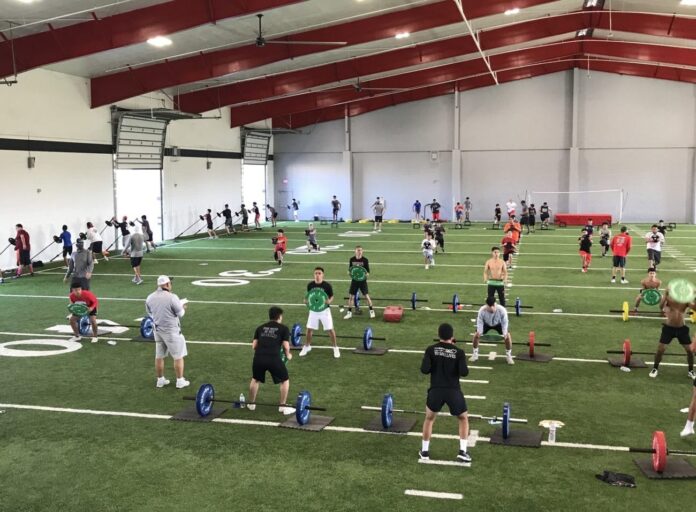Many people justifiably are worried that the COVID-19 pandemic will not have abated sufficiently to open school campuses for the fall semester. With the traditional start of the school year a little more than a month away and the number of infections still rising, it would be hard to guarantee the safety of teachers and students, their families and anyone else with whom they come in contact.
President Trump and Education Secretary Betsy DeVos want schools to open, and have threatened to withhold federal funds from any school or district that doesn’t. Texas public schools, however, are funded primarily through local and state taxes; federal funding is a small part of the share, and is mostly directed to USDA food programs. Several Valley districts, as well as county and city officials, already have said, rightly, that they will forgo federal dollars in the name of public safety. Fortunately, with half a semester of remote learning under their belts, they know what to expect if students must remain homebound for a few weeks longer.
Chances are, however, that few people want schools to open as much as our student-athletes. School district and regional officials have held meetings to address the desire to get the kids back on the courts and playing fields as soon as possible, even to the point of scheduling traditional fall sports in the spring, when it is hoped that the pandemic will be a thing of the past.
The issue is more than the simple desire to help our athletes start playing again. Many of them — especially in high-poverty areas like the Rio Grande Valley — hope their athletic skills help them secure a university scholarship. Many of them surely have the scholastic merits to secure academic grants and stipends, but sports can widen the pool of available resources toward a valuable degree or professional achievement.
Of course, the issue is not limited to middle and high school sports. Colleges also have made adjustments; several have announced that any games they play in the upcoming school year will be limited to district play. Some schools have announced that only a few major sports will be played; the others will be shuttered for at least the coming year.
The loss of sports seasons might be a hidden blessing for some schools and athletes, as they likely will continue their studies and advance academically while retaining a year of eligibility under the rules of their governing bodies. That extra year or more of schooling could pay off in better job opportunities after they leave school, and athletic programs will have more mature athletes on their rosters once games begin once again.
High school athletes, particularly incoming seniors, their families and schools would do well to begin planning for the chance that they won’t suit up again before they graduate. They could use the current down time to prepare highlight programs from existing stock — which schools and districts should make available to those who need it — to send to universities. Those institutions might welcome them, since they can’t send recruiters out to see top athletes in action.
A little planning might help reduce the chance that lost time on the field of play will lead to lost opportunities down the road.




